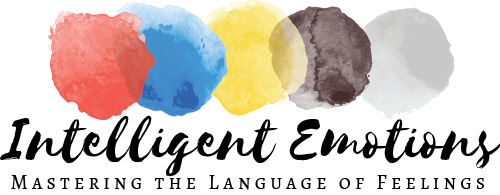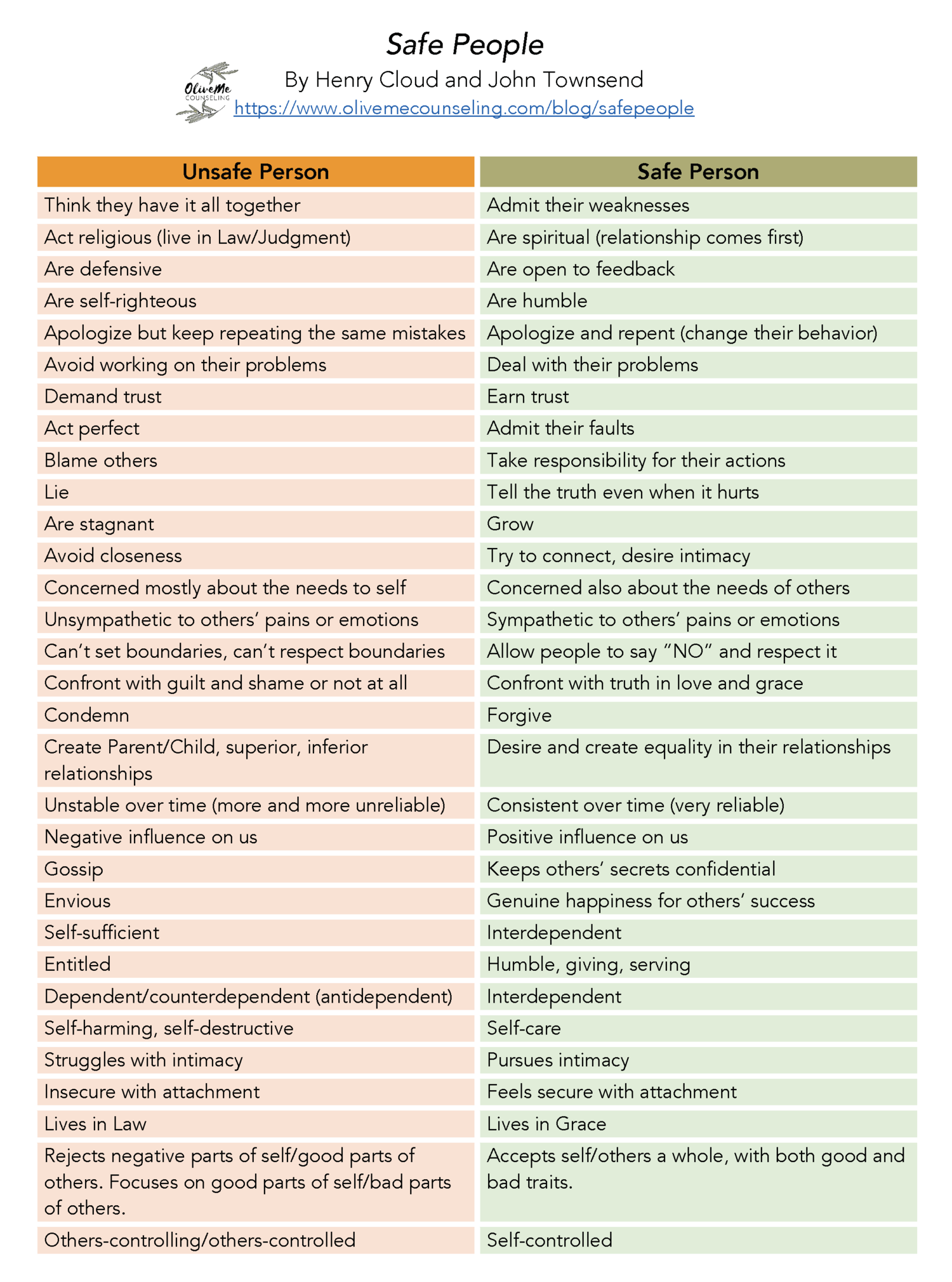Feeling GLAD: The Emotion of Validation
Feeling Glad = Need Tanks are FULL
GLAD is one of the BIG 5 Emotions (MAD, SAD, GLAD, SCARED, & NUMB).
Four of the five are negative emotions. They basically mean that you HAVE a legitimate NEED that’s not being met.
If you think of these needs as tanks, these tanks are running low or are empty. So, the main thing with negative emotions is that you need to FILL those tanks. You need to go find out what those needs are and to meet them directly.
Don't push away the negative emotions. They’re signaling:
"Hey, I need attention in this particular area. Let’s take care of this!"
Learn from them and FILL the need tank.
Of those BIG 5 Emotions, GLAD is the only positive one, and positive emotions basically mean that those tanks are being filled or are already full to the brim. Feeling GLAD means:
"Yay, this need is all good! Let’s celebrate or fill another tank!"
Your Tank is Full. What’s next?
When you experience the positive emotion GLAD, there are two things for you to do:
Celebrate it.
Pay it forward.
Now, it's really important that you do these things in this order. CELEBRATE first and then PAY IT FORWARD.
When good things happen or when something good about us comes about, a lot of us are trained to DISMISS IT or to GIVE IT AWAY.
When someone gives me $100, my immediate reaction is, "What's the most responsible way for me to spend this money?"
If someone gives me a compliment, I'm so quick to downplay it or say, "Oh, these are all the people who have helped me make this happen."
Allergic Reaction to Joy?
It's really hard for me to sit with joy. A lot of people also have similar allergic reactions to joy because of the messages that we've received growing up in our families of origin or cultures. These messages tend to celebrate those who are already over-privileged and to downplay those who tend to not really get as much attention (e.g., women, persons of color), those who tend to be SHAMED when they talk about feeling glad and good things happening in their life.
Oftentimes, other people who are in their own insecurities tend to look towards another person who's doing really well, and they get into this game of one-upping or one-downing.
One-downing sounds like,
"Oh, you can only do this because, like, you know, you got lucky."
"Oh, I can't be like you because I'm such a mess."
Instead of dismissing good things, it’s really important for you to acknowledge and celebrate them.
How to Celebrate?
It doesn't matter what form celebration takes — for some people it's going out to their favorite restaurant, or buying themselves a new pair of shoes if they don't give themselves permission to do so often, or doing something or watching a movie just because they want to. (Create this fun “Fuck It List” in advance to have all the things listed!)
Anything that acknowledges the GOOD in yourself is a really important discipline to do. Now, I use the word "discipline" on purpose because it doesn't come naturally for a lot of people, especially a lot of people who are in any kind of care-providing or care-giving role.
So go do something really good for yourself just because you want to, because YOU MATTER. And if you feel inclined to bring other people in, then I want you to pick specific people who are able to be FULLY PRESENT for you.
Celebrate with Safe People
Now, unfortunately, there are some people where it might not always be beneficial to share good things with them. There may be several reasons.
One is that there's a lot of things going on in their life. If that’s the case, just wait till things settle down for them, and then if you would like, go ahead and share with them.
Other people are in the PRIDE (the one-upping) or SHAME (the one-downing) type of dynamic and they're not fully present for you. Oftentimes those individuals tend to hijack the conversation. There’s something good happening to you, somehow the conversation flips over to be about them, about how they're better, or how they're worse.
Some other times you may come across people who are just going through a lot of pain. That's okay if they're going through a lot of difficult things. Don't take that personally. If they can't celebrate you in the way that you really need, give them space and give them permission to take care of themselves and go find some other people.
Now there's another blog that I wrote regarding SAFE PEOPLE. I want you to go through the chart to see what traits there are so that you can BUILD a COMMUNITY and a team for yourself who can see you for who YOU REALLY ARE so that you're not just thinking about yourself the way that you happen to see yourself and ignoring the aspects that you also need to know. One of those aspects might be what's actually right with you and how you are enough.
Pay it Forward
So, in summary, when good things happen, two things: one is to celebrate it and then—if you would like—PAY IT FORWARD.
We really need a lot of good in this world so when good things happen, don't put it under a basket, I want you to actually MULTIPLY it. So, after you take care of yourself and after you're replenished, whatever surplus you have, go do something nice for somebody else.
Now, not only do you have something to celebrate, but so does the other person.
Need more resources about JOY? Find them here.
The BIG Feelings Chart
Not sure what to do when any of the BIG 5 Feelings show up?
Grab this free PDF chart that shows you what to do with MAD, SAD, GLAD, SCARED, & NUMB!
If you liked this post, Pin it to Pinterest!
Other Blogs on Joy
© Copyright 2023 Joanne Kim. All rights reserved.
Joanne Kim, Feelings Translator
Hi! I’m a therapist-turned feelings coach who helps Highly Sensitive Persons, Empaths, Enneagram 2s & 4s, etc. turn their BIGGEST feelings into their GREATEST superpower!
They are often the first (or only) person in their family to intuitively process and express feelings; consequently, they are often judged or criticized so that they learn to people please, placate, or perform until they hit a wall.
They’re super familiar with anxiety, guilt, and shame, partly because of an allergic reaction to anger (theirs and others').
Often the super responsible, empathic, and ethical person in their environments, they reach out to me after they're already burned out, resentful in their relationships, or sucked into their shame spiral.
The most common feedback I get from people when I share about how feelings work is,
"Why didn't anyone teach me this in school??"
Hence, I am building a school helping people work WITH their feelings so their feelings work FOR them.














You’ve heard of the Bucket List. How often do you look at such a list and get overwhelmed, thinking, “I’ll never get there”? Well, we can actually BUILD motivation and momentum by going in the opposite direction with the REVERSE Bucket List!